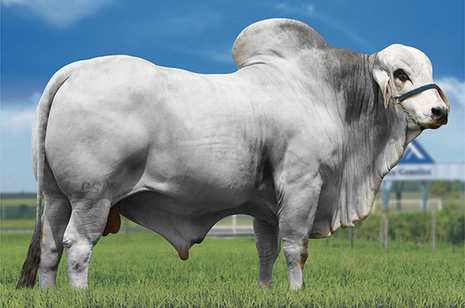Brazil’s ag minister to visit the U.S. to address the situation
By Diego Flammini
Assistant Editor, North American Content
Farms.com
Imports of fresh Brazilian beef to the United States have stopped, at least temporarily, due to health and safety concerns.
Since March, the U.S. Department of Agriculture’s Food Safety Inspection Service has rejected about 1.9 million pounds of beef, according to the USDA.
The halt stems from health and safety issues, including abscesses and “unidentified foreign material,” according to Reuters.
Preventing the beef from entering the U.S. market is the best way to ensure national food safety, says U.S. Secretary of Agriculture Sonny Perdue.
“Ensuring the safety of our nation’s food supply is one of our critical missions and it’s one we undertake with great seriousness,” Perdue said in a June 22 statement. “…my first priority is to protect American consumers (and) that’s what we’ve done by halting the import of Brazilian fresh beef.”
Brazil is the fifth largest exporter of fresh beef to the U.S. Brazilian officials understand the potential damage this ban could have.

Tapabuan cattle, a common beef breed found in Brazil.
Photo: 3A Genetica
“It took years to open the American market. It’s horrible news for us,” José Augusto de Castro, president of the Foreign Trade Association of Brazil, told Brazil’s O Globo, according to CNN Money.
American cattlemen support the USDA’s decision to halt the imports until a solution is found.
The National Cattlemen’s Beef Association “supports the action taken by Secretary Perdue to suspend fresh beef imports from Brazil,” NCBA president Craig Uden said in a June 22 statement. “This action is the result of USDA’s strong, science-based testing protocol of imported beef and this proves that our food safety system works effectively.”
In response to the ban, Brazil closed three processing plants and suspended licenses for 21 meat packing plants, said CNN Money.
Blairo Maggi, Brazil’s Agriculture Minister, said he plans to visit the U.S. soon to rectify the situation.
“We will act firmly to solve the problems,” he said in a June 22 statement. “We are opening an investigation to see the type of reagent (mixture for use in chemical analysis) and if, in fact, it is leaving residues in the meat sent to the U.S.”
China, Mexico, Chile, Japan, the European Union and Hong Kong all banned similar imports from Brazil in March.